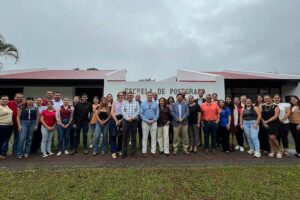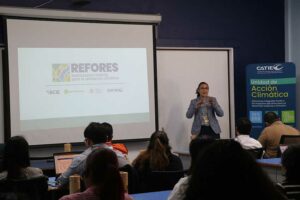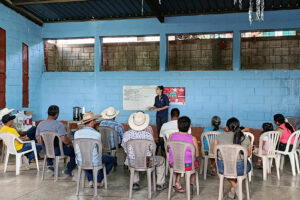CATIE and ZUCOBISA sign an agreement to promote innovation, sustainability, and circular economy
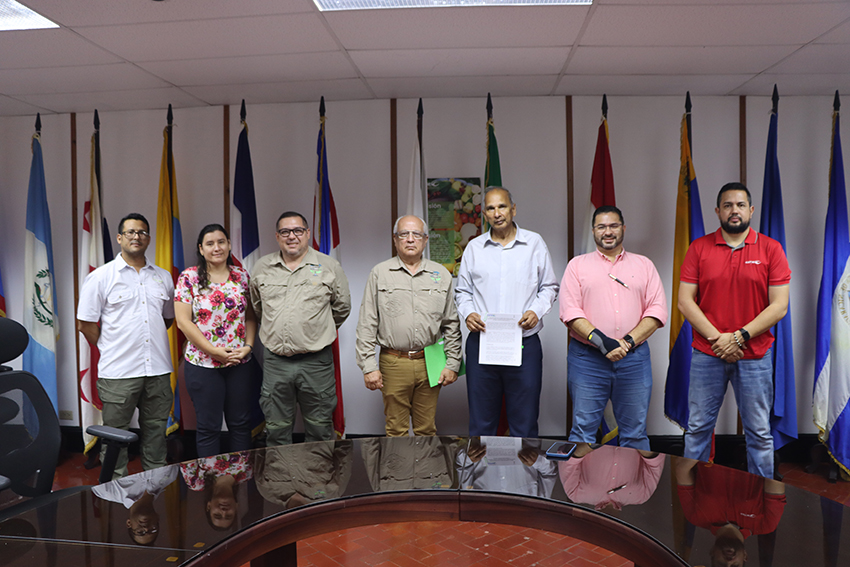
- Seeks to provide alternatives to mitigate the effects of the environmental crisis and facilitate adaptation to climate change.
October 31. The CATIE (Tropical Agricultural Research and Higher Education Center) and the company ZUCOBISA Biosecurity Company, S.A. have signed an agreement aimed at addressing critical challenges related to climate change, food security, and water management.
The innovative solutions are designed to reduce the chemical and biological risks that threaten agriculture, bodies of water, and air quality. Furthermore, it aims to provide alternatives to mitigate the effects of the environmental crisis and facilitate adaptation to climate change.
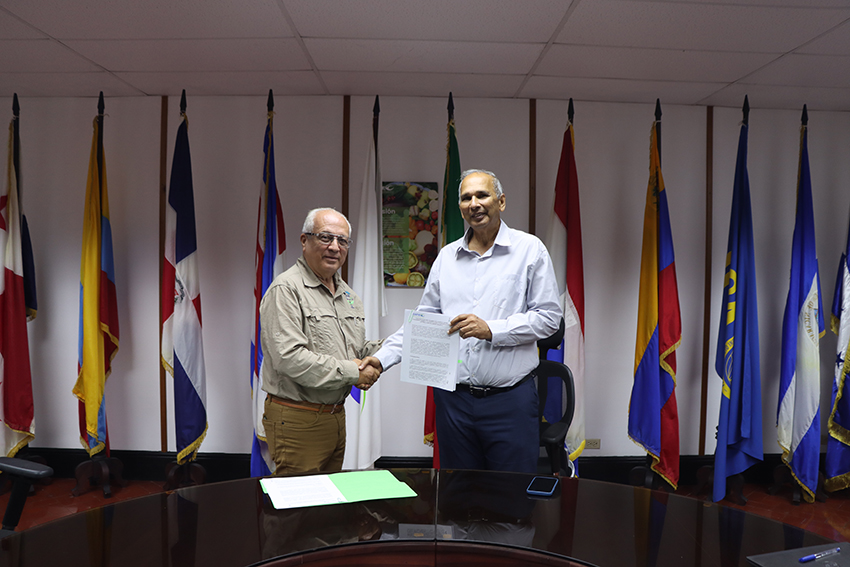
Representing CATIE, the following individuals were present: General Director Muhammad Ibrahim, Carlos Araya Quintero, Director of Business Development, Resource Mobilization, and Strategic Alliances, Luis Diego Jiménez, Business Area Coordinator, Laura Benegas Negri, Coordinator of the Watersheds, Water Security, and Soils Unit. On the company's behalf, Jesús Faría Rodríguez, Legal Representative and Director of Operations of the CAIA (Advanced Center for Applied Research), as well as Martín Pinto, General Director of the CAIA, participated.
Luis Diego Jiménez stated that the agreement reflects the desire to develop businesses that contribute to the achievement of the United Nations' Sustainable Development Goals (SDGs) with a focus on the circular economy.
In the area of climate action, the agreement focuses on multiple key areas recognized as vital for the region. This includes the production of forage and spirulina to address food security in a context of uncertainty regarding the availability of soy in Brazil for animal nutrition due to climatic conditions, for example.
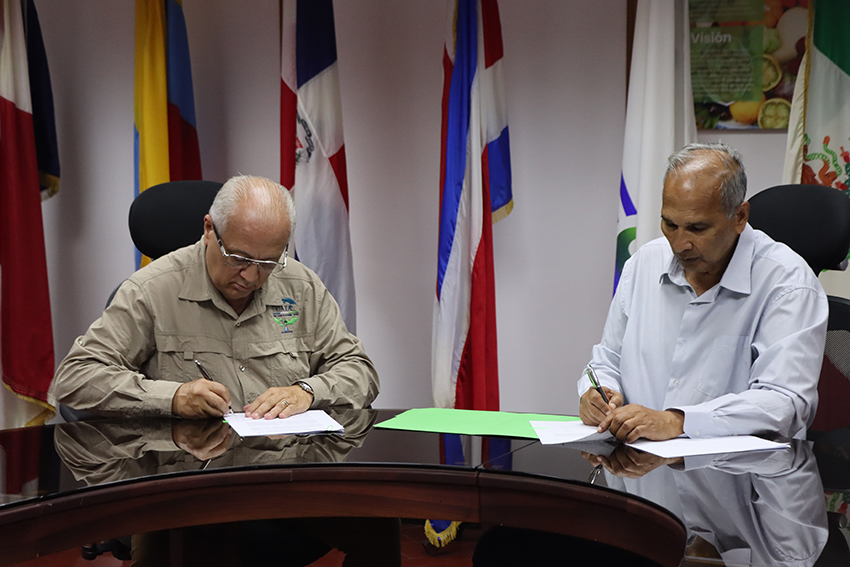
Furthermore, the agreement seeks to utilize the accumulated knowledge of CAIA for the production of organic fertilizer cores and solutions for water management and remediation.
In terms of food security, the agreement aims to present solutions to address imminent risks in livestock food production.
Regarding water management, work will be done on the implementation of water treatment technologies using organic methodologies.
The circular economy is another fundamental principle in this agreement, aiming to optimize resource use, minimize waste, and promote reuse and recycling. For example, the production of organic phosphorus from waste from the fishing industry to mitigate the phosphorus shortage caused by the fertilizer crisis, a valuable solution for the Caribbean.
It is expected that this new collaboration with the private sector will be the starting point for a series of projects and solutions that will have a significant impact on local communities and the preservation of natural resources in the region.
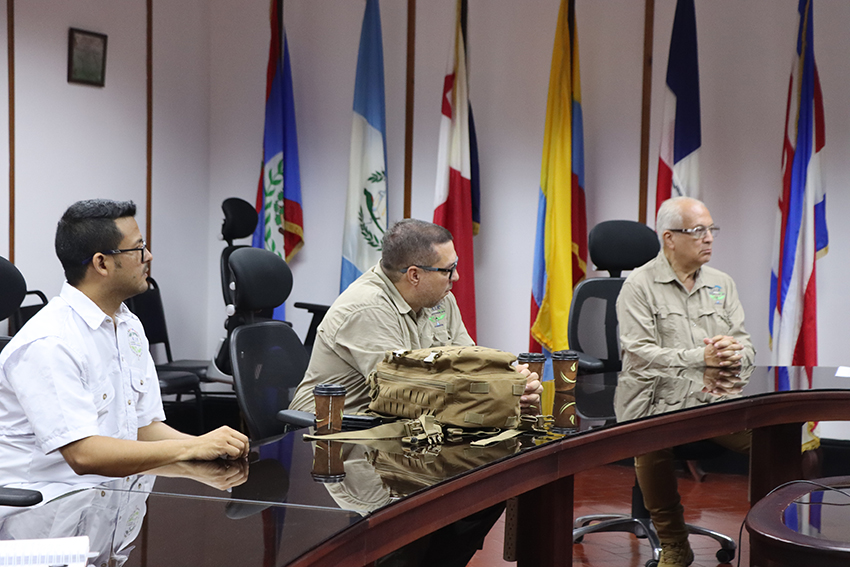
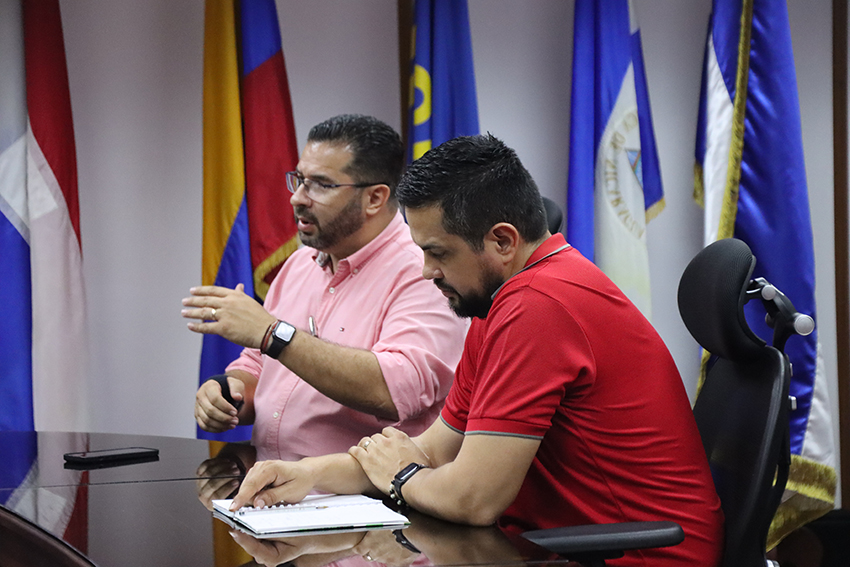
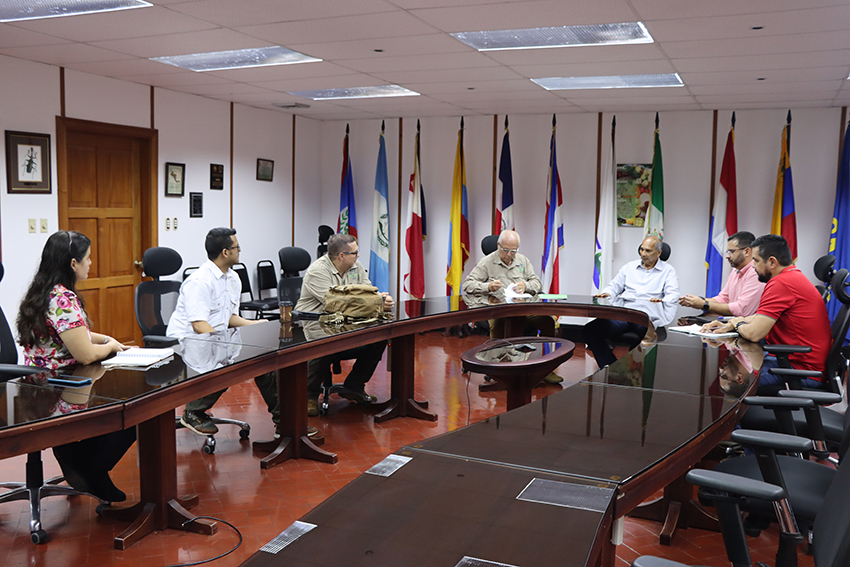
Written by:
Esteban Rodríguez Zamora
Communicator
Information Technology and Communication
CATIE
esteban.rodriguez@catie.ac.cr

